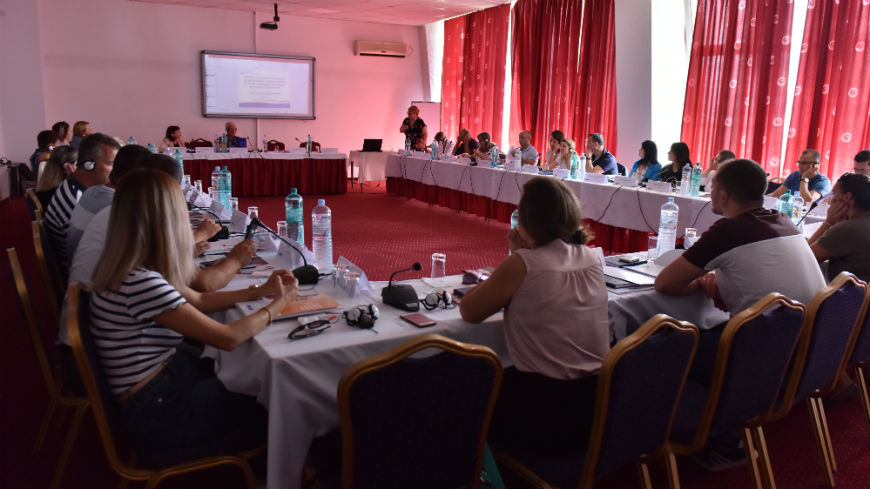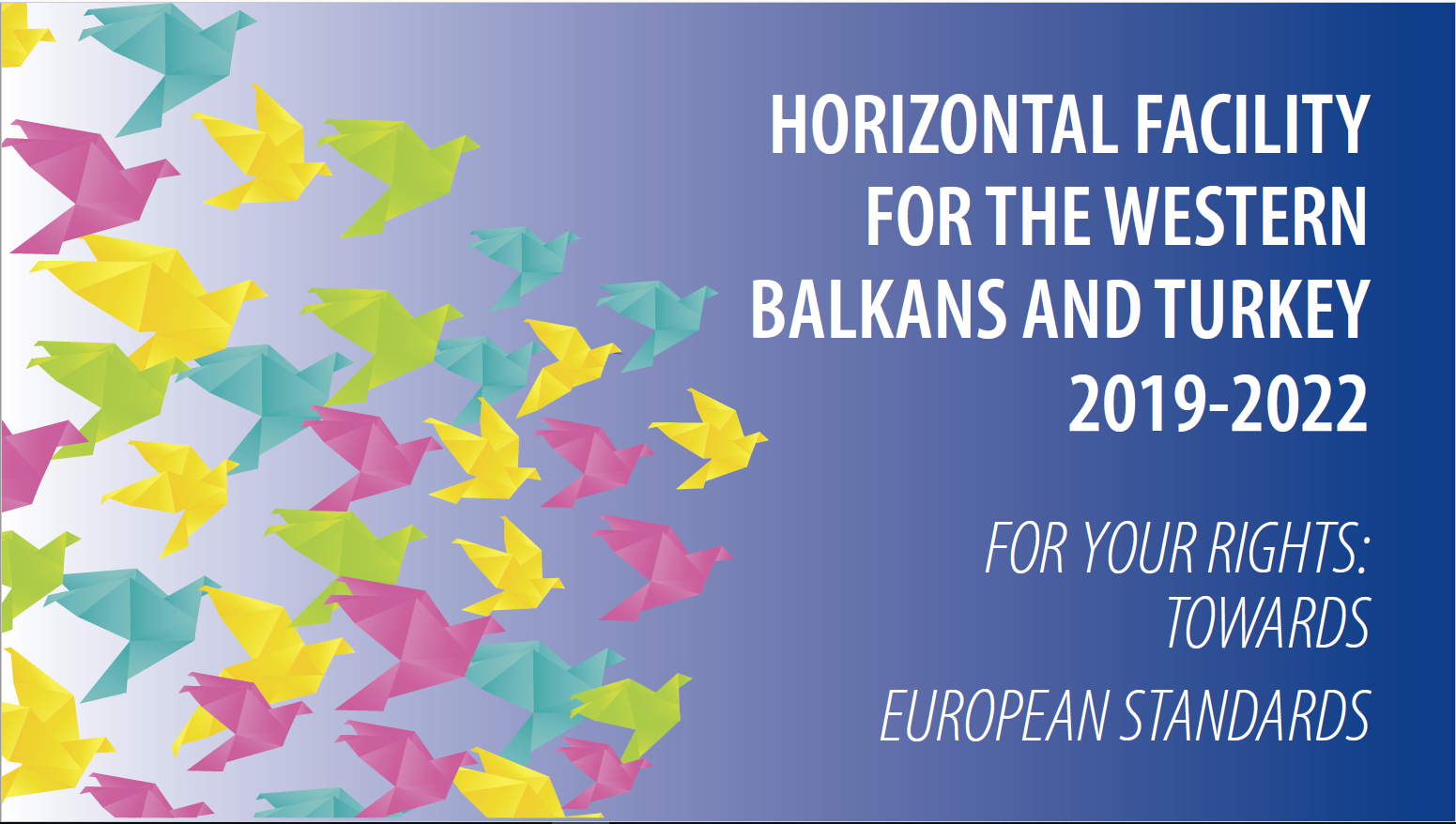A multi-disciplinary training in preventing and combating trafficking in human beings with the purpose of labour exploitation took place to strengthen the skills of key actors on detection, identification and referral of potential trafficking victims for the purpose of labour exploitation.
The training gathered thirty-nine representatives of national public authorities, including labour inspectors and mobile teams, representatives from the National Task Force on Combating Trafficking in Human Beings and the National Referral Mechanism, as well as civil society organisations. Ms Katja-Pia Jenu, the labour inspector from Finland provided the participants with concrete cases of trafficking for labour exploitation and good practice examples. The objective was to facilitate the development of the participants’ skills to detect, preliminarily identify and refer victims of trafficking for the purpose of labour exploitation by using pre-defined indicators. During the training, Ms Jenu emphasised that” the forced labour does not have to be slavery or locking somebody in a room. In labour exploitation, it is often a question of presence of three elements: deception, coercion and abuse of vulnerability.”
In his welcoming remarks, Mr Zlate Stojanovski, the National Labour Inspector from State Labour Inspectorate, stressed that “North Macedonia has ratified the Convention on Action against Trafficking in Human Beings and it is the obligation of the institutions to implement it.” Ms Elena Grozdanova, the State Advisor at the Ministry of Labour and Social Policy, concluded that “an inter-institutional co-operation and a multi- disciplinary approach is needed in order to ensure sustainability.”
This event is organised as a part of the “Horizontal Facility for the Western Balkans and Turkey II”, a co-operation initiative co-funded by the European Union and the Council of Europe and implemented by the Council of Europe, which aims at assisting beneficiaries in South-East Europe to comply with the Council of Europe standards and European Union acquis in the framework of the enlargement process.




